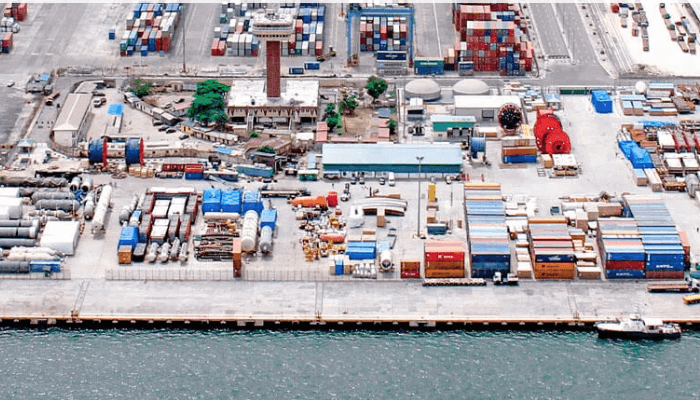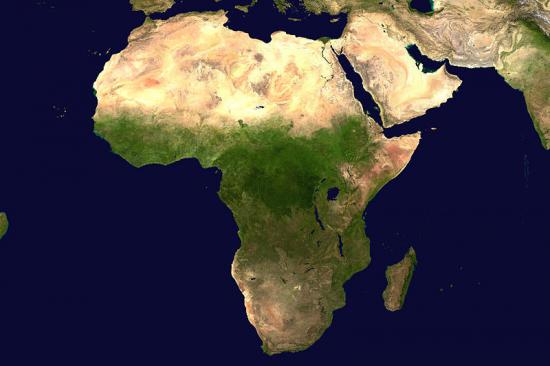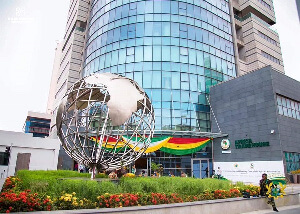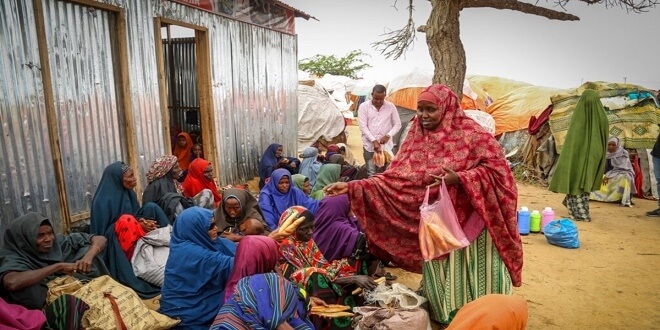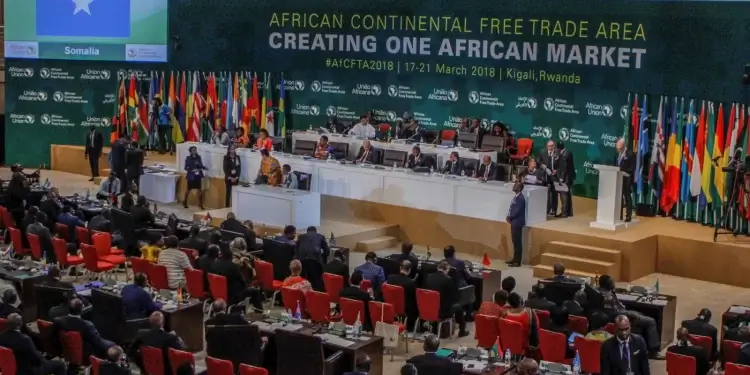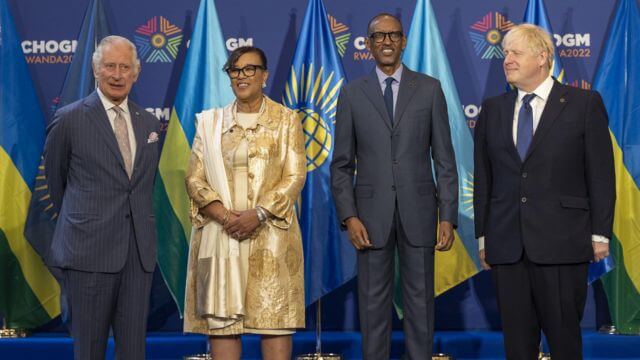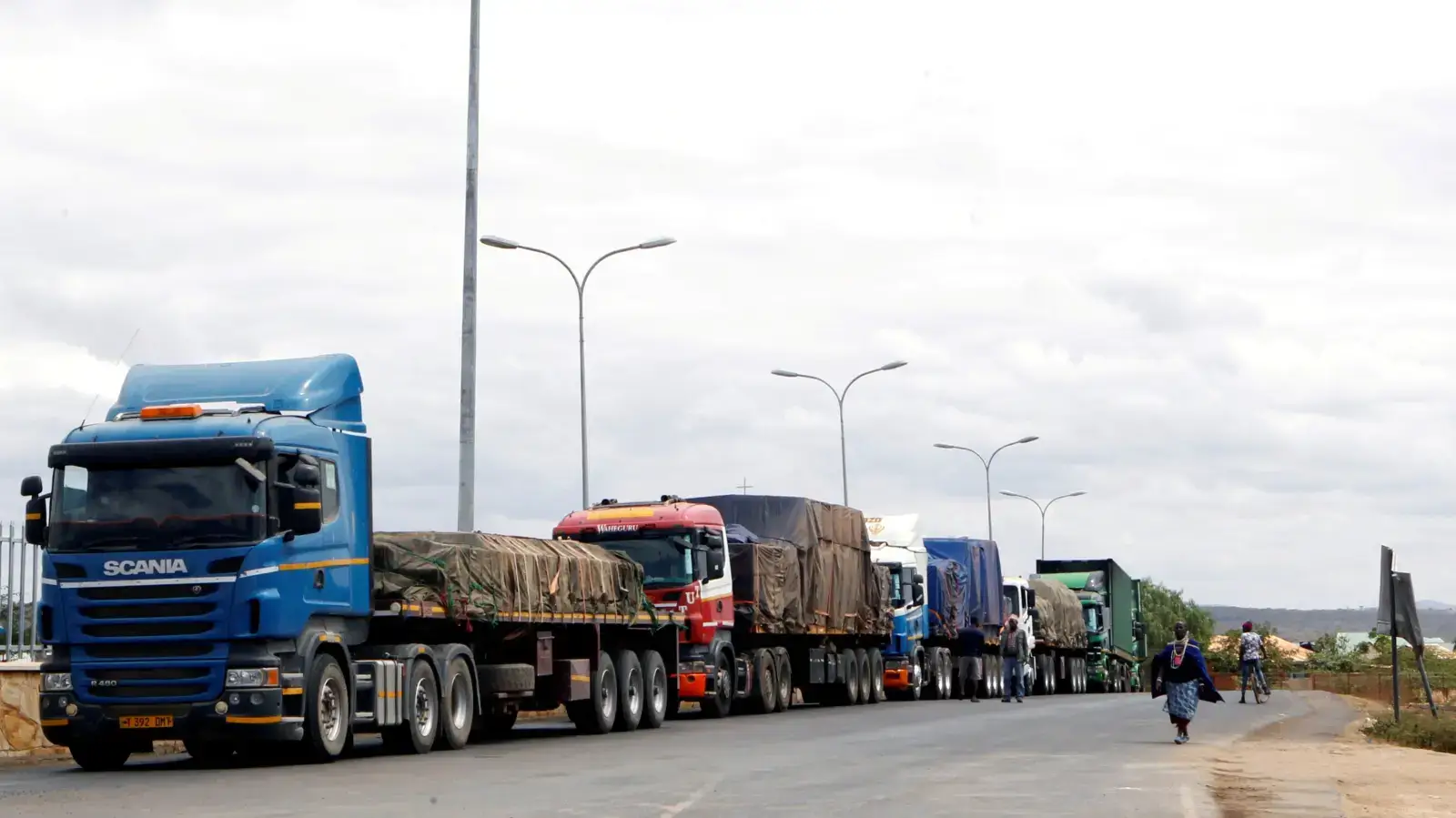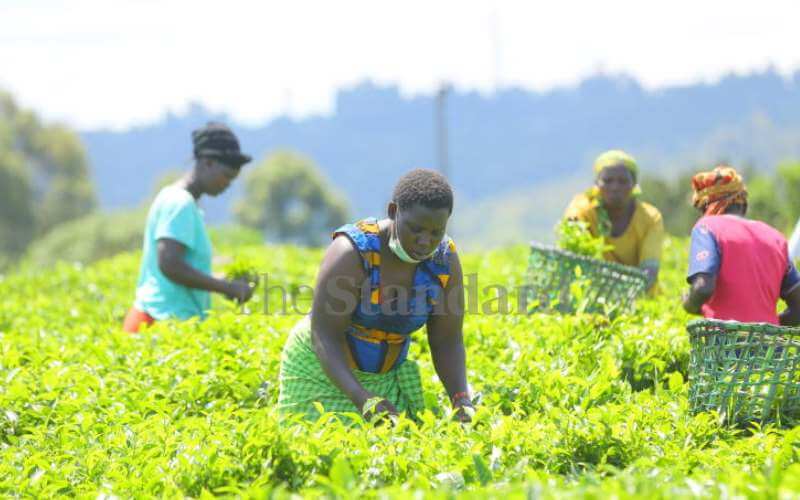African countries have been charged to urgently domesticate the provisions of the African Continental Free Trade Area, (AfCFTA) treaty to fast-track the continent’s economic progress. Secretary-General of the AfCFTA, Wamkele Mene made the call recently in Accra, Ghana at the maiden edition of the Ghana Trade Policy Enlightenment Summit for Foreigners, GaTPES2022. GaTPES2022, which was held under the theme ‘Helping foreign businesses to better navigate the trade policy landscape’, was organised by Ghana’s premier travel company, Standard Travel and Tour, STT. It had the endorsements of the GIPC, RGD, Lands Commission, GRA, FDA, Office of the Speaker of Parliament and the AfCFTA headquarters; and, support from Fine-Prints Limited, Eddu Motors and the Ezeigbo Ghana Foundation, among others Mene urged state-parties to the AfCFTA agreement to use its provision to build their economies and transform lives. “The agreement, which is the treaty, needs to be translated into laws; and those laws are then used by the business person in order to do business, and to put money in the pockets of the business person, and to put money in the economy of the country at large,” Mene stated. Echoing the same sentiment in his address, the speaker of Ghana’s parliament, Mr. Alban Bagbin, assured of legislative support by the parliament of Ghana to make the AfCFTA and the goal of greater intra-African trade a reality. “The AfCFTA has come to stay,” he assured. Mene was represented by Beatrice Chaytor, head of trade in services division at the AfCFTA headquarters; while Bagbin was...

